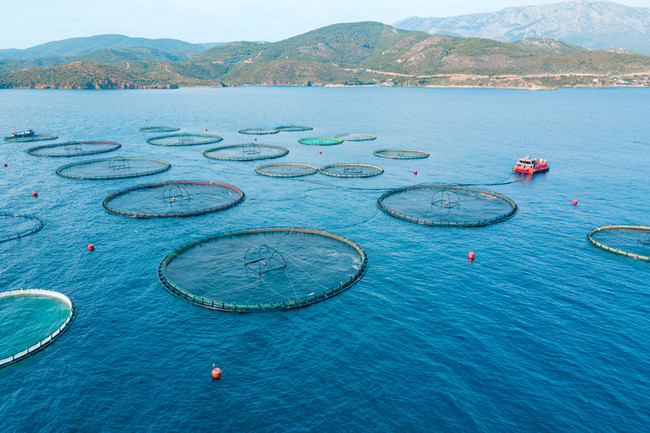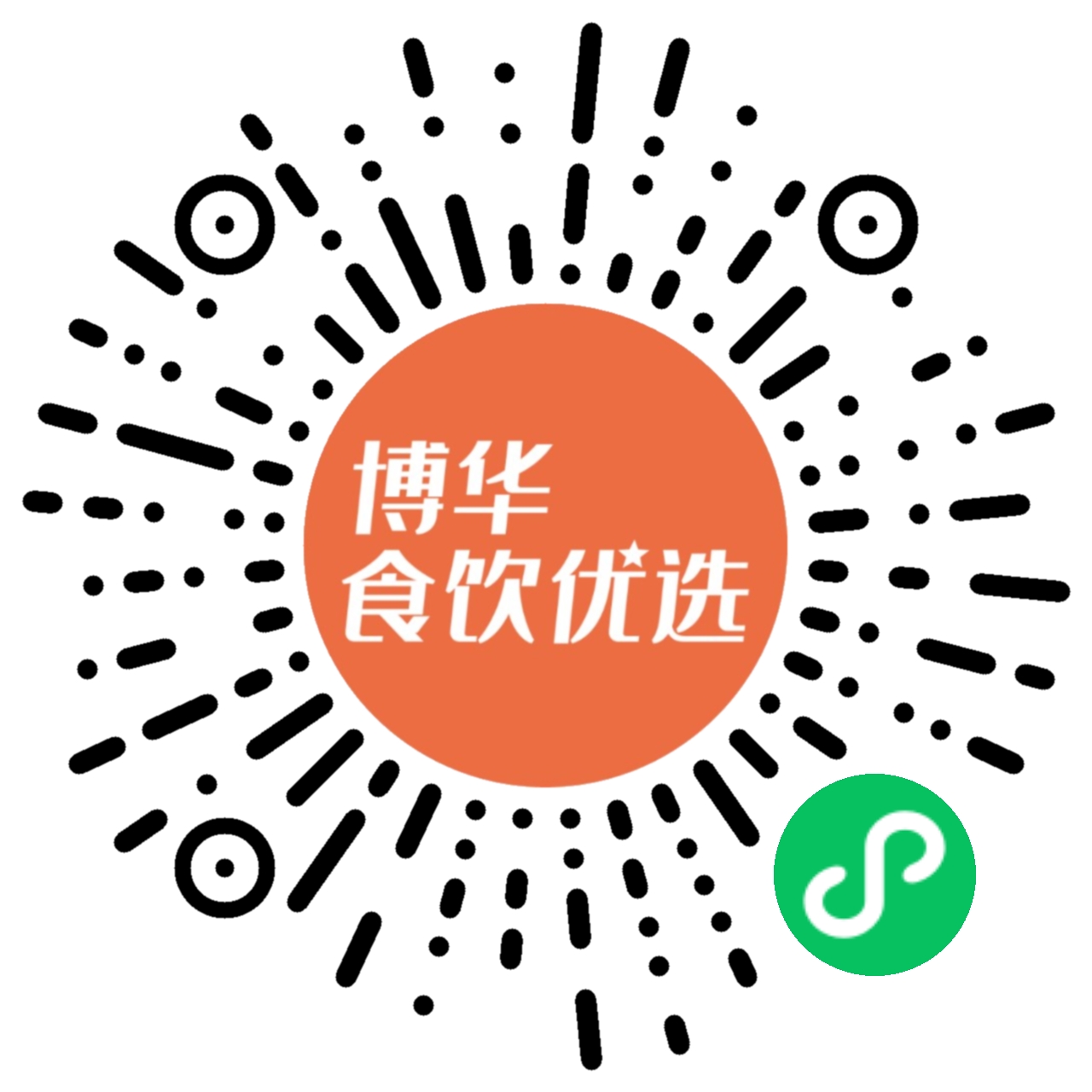✕



✕

Tag:salmon fish welfare 2024-12-06 10:06

Salmon producers have improved their reporting and policies on fish welfare, but more work needs to be done to boost transparency, flags Compassion in World Farming, which has just published its second Salmon Welfare Scorecard.
The animal welfare and lobbying organization says there is “significant room for further progress in transparency, reporting and policy development,” despite the latest Scorecard data revealing that 62% of producers have made progress compared to last year.
This lack of transparency raises concerns that some salmon producers may potentially support controversial practices such as cloning, genetic engineering or the use of triploids in their policies.
Approximately 400 million salmon are farmed globally. The salmon-producing sector is criticized for failing to implement welfare solutions, including stocking densities, mortality rates and barren environments that lack mental stimulation for fish.
Producers must prioritize these concerns, adopt welfare-focused policies and proactively share their progress.
Communicating key welfare issues
The Scorecard uses publicly available company information; each parameter is independently assessed.
The results are shown as one to five and from red to green.
The findings show that the criteria that improved the most between 2023 and 2024 are “predator management,” “key welfare indicators” and “genetics,” suggesting that these practices were likely in place but previously underreported, notes Compassion in World Farming.
The Scorecard also shows improvements in humane slaughter and health planning treatments. These two issues have been in the spotlight recently amid concerns over antibiotic use within salmon farming and its consequent impact on human and planetary health.
Stocking Density remains the worst communicated parameter, with “vague” reporting that lacks clarity and sufficient detail.
Salmon transportation
Two producers, Aquachile and MultiX, have received flags for their stocking density scores due to uncertainty around the accuracy and implementation of their policies. Other poorly communicated parameters include transport and transfer, enclosure and sea lice, which received low scores.
Compassion in World Farming is particularly concerned about the lack of progress in the transport and transfer parameters. Most producers scored very low due to the lack of communication regarding their practices and policies.
The industry must establish and communicate a clear policy on how salmon are transferred and under what conditions.
“The Salmon Welfare Scorecard was designed to promote greater transparency for consumers and investors, and it has been well received as a tool to identify areas where the industry must invest and act to address welfare challenges,” says Louise Valducci, head of Food Business at Compassion in World Farming.
“While some progress has been made, the industry still falls short in fully embracing transparent reporting of welfare policies and practices. Greater openness, including sharing positive developments, could significantly strengthen relationships with stakeholders.”
This Latte Hack Promises To Save You Money (But Is It Even Allowed?)
The Aldi Chicken Tenders That Are Perfect For Quick Sweet And Sour Chicken
The Warehouse Chain With Rotisserie Chicken A Tiny Bit Cheaper Than Costco's
There's Something Off About Crumbl's First 'Gluten-Friendly' Dessert (And It's Not The Taste)
The Spicy Ingredient Your Shrimp Scampi Is Begging For
Hit This Fast Food Chain If You Want To Eat High-Quality Chicken
About Us Terms of Service Privacy Policy Contact Us
Hotline(+86)17301604571
 Enterprise WeChat
Enterprise WeChat
for Client Service
 EZBuy
EZBuy
WeChat APP
Sinoexpo Digital Platform
Shanghai Sinoexpo Informa Markets International Exhibition Co., Ltd. All rights reserved
沪ICP备05034851号-77
 沪公网安备31010402000543号
沪公网安备31010402000543号